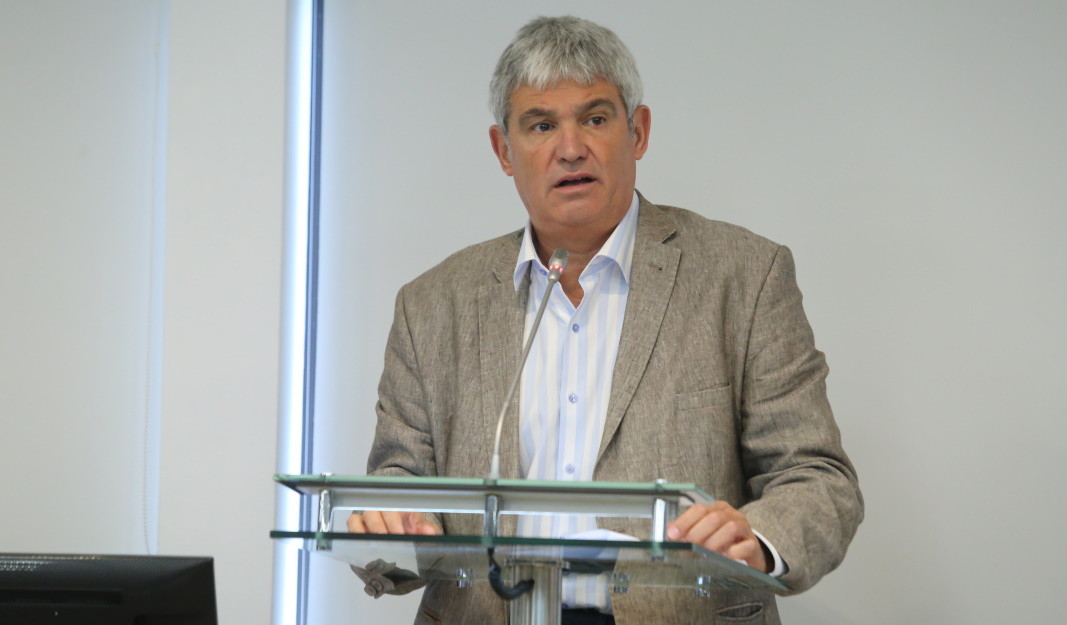Wages in Bulgaria could see a significant increase if this country’s gross domestic product increases with 3.5% on an annual basis and the average annual inflation is around 2%, forecasts the Confederation of Independent Trade Unions in Bulgaria. According to trade union experts, salaries in the public sector should increase with 10% to 12% on an annual basis in the next 4 years. According to their estimates, the minimum monthly salary, which is now EUR 305, should reach EUR 669 in four years and the average salary will increase to nearly EUR 1,250 by 2025.
These targets became part of the Memorandum on Social and Economic Development in Bulgaria. CITUB will acquaint the political parties with this document and ask them for clear commitments on the national goals when the next cabinet is formed.
CITUB demands double increase of wages and social expenditures
By 2025, all Bulgarians should receive enough money to cover their subsistence costs, contends CITUB. Less than EUR 2.5 billion will be necessary for policies in the social sphere, show estimates of the trade union.
The Confederation of Independent Trade Unions in Bulgaria insists that the authorities address social disparities with money from the state budget. The authorities should help low and medium income people and ensure protection of people who are “fuel poor”. The increase of Bulgaria’s GDP, which is expected to reach EUR 64 billion in 2021 and EUR 75 billion by 2025, favors the increase of social expenditures. These measures would boost consumer purchasing power in Bulgaria as early as next year and allow this country to catch up with the other European countries, clarified CITUB and reminded that according to the 2030 Recovery and Sustainability Plan, the purchasing power of Bulgaria’s households should reach 68% of the EU average.
 CITUB insists that the unemployment allowance amounts to at least 60% of the insurable earnings and reach EUR 375 a month by 2025.
CITUB insists that the unemployment allowance amounts to at least 60% of the insurable earnings and reach EUR 375 a month by 2025.
According to CITUB, Bulgaria should double the benefits for maternity in order to address the demographic crisis. In their view, allowances during the second year of maternity leave should increase from the current EUR 190 to EUR 350 in 2025.
These measures require a total of EUR 687 million from the state budget, experts estimate.
The Memorandum on Social and Economic Development envisages that Bulgaria adopts a strategy on the internal migration to safeguard the interests of workers.
Compiled by: Gergana Mancheva
English version: Kostadin Atanasov
Photos: ised, BGNESBulgarian scientist Dr. Vladimir Kefalov has been awarded a prestigious alumni prize by Boston University’s Graduate Medical Sciences Faculty, the Bulgarian Consulate in Los Angeles announced on Facebook, cited by BTA. “This recognition by Boston..
The Association of Olympic Teams in Natural Sciences announced on Wednesday that Bulgarian high school students had won a gold, a silver and two bronze medals at the 32nd Balkan Olympiad in Informatics , which was held in Udine, Italy. The Bulgarian..
Applications can be submitted to the Bulgarian Cultural and Educational Centre in Scotland, First Bulgarian School "Nadejda Stancioff - Lady Muir” in Edinburgh for a new course for adults - Bulgarian for beginners. Classes start at 6-7 PM on..
The Bulgarian dance group “Dilmana” based in Copenhagen will celebrate 15 years since its establishment with a celebration on October 18, the formation..
A photo exhibition called “Bosilegrad Before and Now – 2” will open on October 13 at the Municipal Art Gallery in the town of Karlovo. The photo..

+359 2 9336 661
